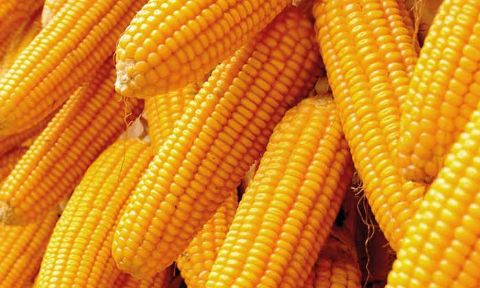If you ask me, I’ll say palm oil is the oldest and most consumed cooking oil in Nigeria. This is because, even before modern day civilization and large scale production of palm oil, the making and selling of palm oil for commercial purposes and for consumption, has been in existence. People from the eastern part of Nigeria and also the south east, have a pedigree of making and selling palm oil to business people. Who buy from these people in rural areas and sell to people in urban areas.
The palm oil is the oil extracted from the fruits of a palm tree. It is one of the basic components of our traditional dishes, here in Nigeria. In the east, we have the Egusi soup, Oha, ofe nsala while the calabars, have the Edika Ikong soup, Afang and the likes. In the west, we have the gbegiri soup, Efo riro, Asaro amongst others. The northern part also boasts of tuwo masara or tuwo dawa with mia kuka soup. All of these traditional dishes, will not have their unique tastes without the palm oil. That is why there is always a constant demand for it and the business is very lucrative.
Now, palm oil production has gone beyond, people in the rural areas. Because, big companies are now engaged in the large scale production and sales of palm oil. Especially with the introduction of machinery like the nut crusher, oil press and electrical seed fryer, to replace humans in the making of palm oil.
Even so, some people still prefer the good old days of palm oil making. They feel that, the hand made palm oil is more nutritious than the processed one and even cheaper. When you travel across some states, you will see people carrying locally made palm oil in containers, offering it for sale to travelers. Some people will even give money to a person, that is travelling, to help them buy palm oil from their villages. This locally made palm oil is usually cheaper than the processed one.
You can decide to start making and selling palm oil in you locality and still make profit in your own little way. You can start by selling to your neighbors and when you have gotten recognition, you can expand your horizons by taking the market outside of your locality.
On the average, a bottle of palm oil sells for N250. If five (5) litres cost about N1200, then twenty-five (25) litres will cost around N6000. All you need to do, is go to a rural area where you can buy the palm fruits at a cheaper rate from farmers. The cost of the palm fruits, processing it into palm oil and your transportation is what will determine your selling price. For instance if your total cost for making twenty-five (25) litres of palm oil is N4000 you can sell for as much as N5500 or N6000, you would have made about 25% profit from the business. Even, from the comfort of your home.
Palm oil making may sound complicated, but it is a simple process that you can engage in from the comfort of your home. When you have gotten the quantity of palm fruits you need, follow the following steps, in making your palm oil:
1. The first thing to do, is to properly wash the palm fruits. It is important that you wash the palm fruits to remove dirt particles that may be clinging to it from harvesting and picking it from the bunch.
2. After washing, the next stage is, boiling the palm fruits. This may take up to 1 hour, depending on the quantity of palm fruits that you cook. The goal is to boil the fruit until they are softened enough for the oil to be extracted. To do this, add a little amount of water into the pot, after putting the palm fruits. Make sure the water is not more than the palm fruits. When you see that the nuts are beginning to crack open, know that the palm fruits are getting soft.
3. The next step is, mashing the boiled palm nuts. You can use mortar and pestle or you can use your hands to mash it in a bowl. This should be done immediately after boiling. Do not break the nuts, but mash until you get the oily juice.
4. Separate the juice from the chaff and the nuts. Sieve until there is no element of chaff left in the juice.
5. When you have finished sieving the juice, cook it until you see the palm oil floating on the surface of the water.
6. Extract the palm oil from the water surface and boil it again, until it is purified. After which, you can pour the palm oil into a container for storage and sales.
As you now know, the process of making palm oil is not too difficult. If you can make palm oil for your own consumption, you can also make money out of it.





Leave A Comment